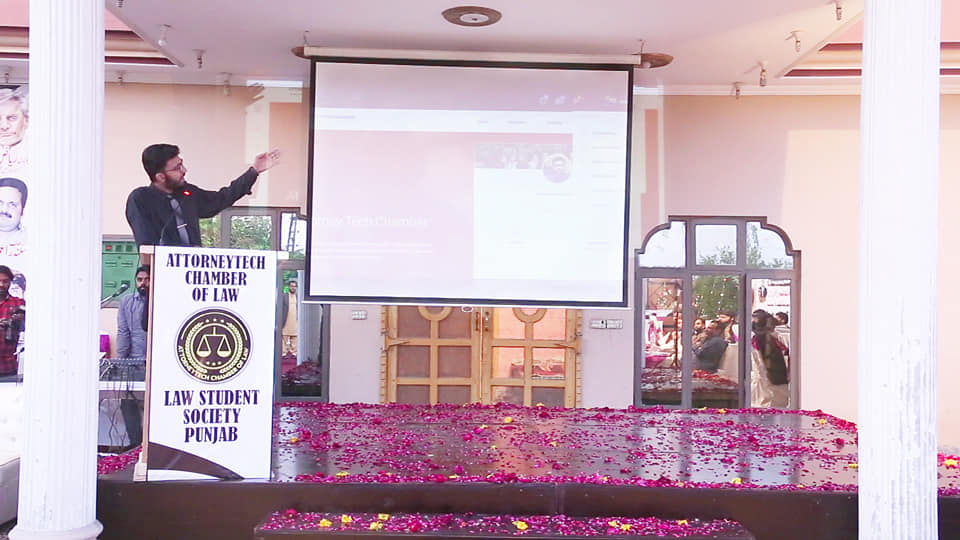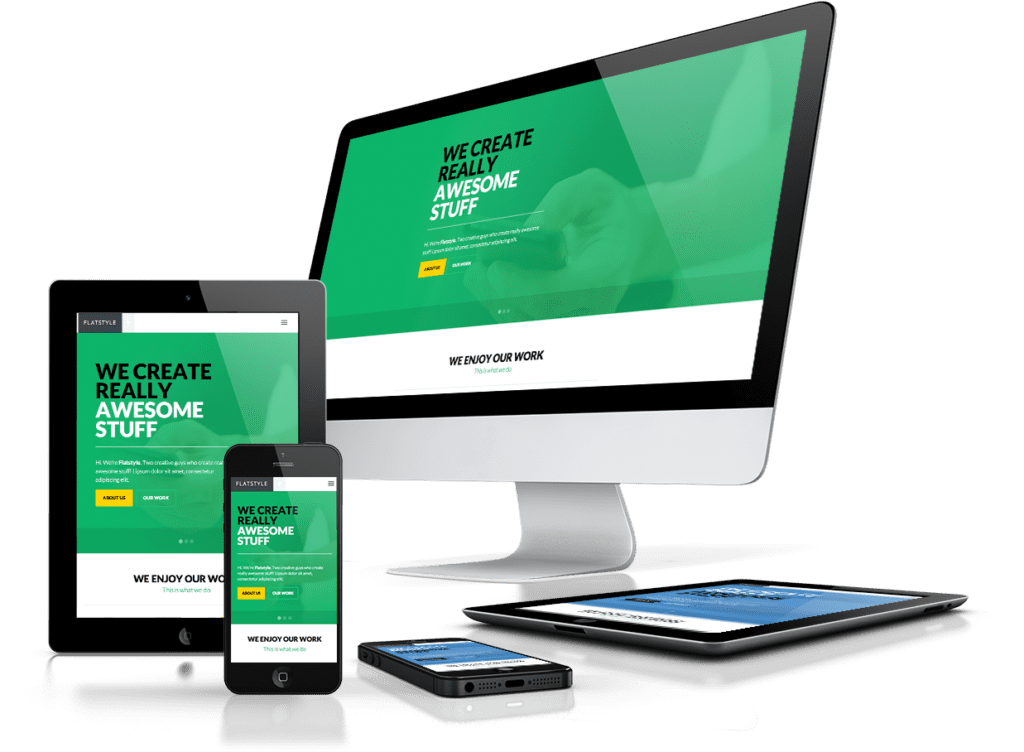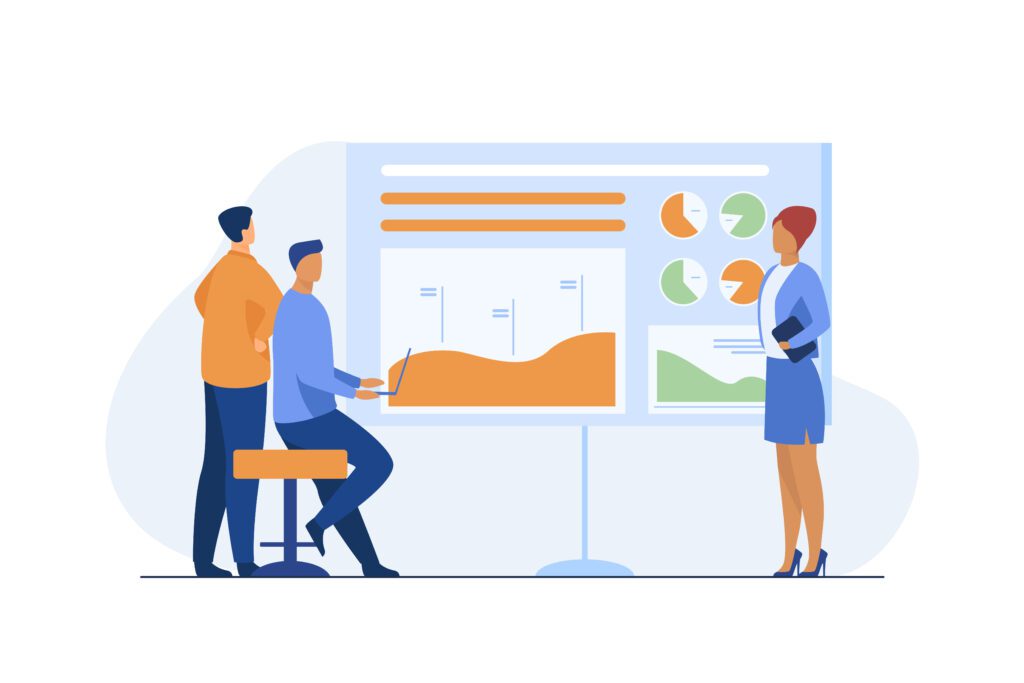Table of Contents
How to Become a Successful Freelance Web Developer in 2024

In the ever-evolving tech landscape, freelance web development offers immense opportunities for those with the right skills and mindset. As a freelance web developer, you have the freedom to choose your projects, work from anywhere, and earn a lucrative income. But how can you ensure success in this competitive field? This comprehensive guide covers everything you need to know to thrive as a freelance web developer in 2024.
Essential Skills for a Freelance Web Developer
To excel as a freelance web developer, mastering the following skills is crucial:
1. Proficiency in Programming Languages
- HTML/CSS: The backbone of web development.
- JavaScript: Essential for interactive web features.
- Backend Languages: Python, PHP, Ruby, or Node.js for server-side programming.
2. Frameworks and Libraries
- Frontend: React, Angular, or Vue.js.
- Backend: Django, Laravel, Express.js.
3. Version Control Systems
- Git: For tracking changes and collaborating with other developers.
4. Responsive Design
- Creating websites that work seamlessly across various devices and screen sizes.
5. SEO Basics
- Understanding SEO principles to optimize websites for search engines.
6. Soft Skills
- Communication: Clear communication with clients is vital.
- Time Management: Efficiently managing your schedule and deadlines.
- Problem-Solving: Quickly identifying and fixing issues.
Setting Up Your Freelance Web Development Business

1. Creating a Portfolio
- Showcase your best work to attract potential clients. Include diverse projects to demonstrate your versatility.
2. Building a Personal Brand
- Develop a unique brand identity that reflects your skills and values. This includes a professional logo, business cards, and a consistent online presence.
3. Setting Up a Website
- Your website should be a testament to your skills. Include a blog to share insights and demonstrate your expertise.
4. Networking
- Join online communities, attend industry events, and connect with other professionals to build a strong network.
5. Choosing the Right Tools
- Project management tools like Trello or Asana.
- Communication tools like Slack or Zoom.
- Code editors like VS Code or Sublime Text.
Finding Clients as a Freelance Web Developer

1. Freelance Platforms
- Websites like Upwork, Freelancer, and Toptal can help you find clients.
2. Job Boards
- Regularly check job boards like Indeed, LinkedIn, and Glassdoor for freelance opportunities.
3. Social Media
- Use platforms like LinkedIn, Twitter, and GitHub to showcase your work and connect with potential clients.
4. Referrals
- Ask satisfied clients for referrals and testimonials.
5. Cold Pitching
- Reach out directly to businesses that might need your services.
Pricing Your Services

1. Research the Market
- Understand the standard rates for web development services in your region and niche.
2. Set Your Rates
- Decide whether to charge hourly or per project. Factor in your experience, the complexity of the project, and client budget.
3. Offer Packages
- Create service packages that provide value to clients and ensure consistent income for you.
Managing Your Freelance Web Development Projects

1. Define the Scope
- Clearly outline the project scope, deliverables, and timelines in a contract.
2. Use Project Management Tools
- Tools like Trello, Asana, or Jira can help you stay organized and on track.
3. Communicate Regularly
- Keep clients updated on progress and promptly address any concerns.
4. Test Thoroughly
- Ensure your websites are fully functional, responsive, and bug-free before delivery.
5. Request Feedback
- Gather feedback from clients to improve your services and build strong relationships.
Continuing Education and Staying Updated

1. Online Courses
- Platforms like Coursera, Udemy, and Codecademy offer courses to keep your skills current.
2. Certifications
- Consider certifications from recognized institutions to validate your skills.
3. Stay Informed
- Follow industry blogs, podcasts, and social media influencers to stay updated on trends and best practices.
4. Join Professional Groups
- Participate in forums and groups on platforms like Reddit, Stack Overflow, and LinkedIn.
FAQs
Q: How do I start as a freelance web developer with no experience?
A: Start by building your own projects and contributing to open-source projects. Create a strong portfolio and use freelance platforms to find initial clients.
Q: How do I handle difficult clients?
A: Communicate clearly, set realistic expectations, and maintain professionalism. If necessary, consider walking away from toxic clients.
Q: How can I ensure a steady stream of projects?
A: Network actively, seek referrals, maintain an active online presence, and continuously market your services.
Q: What should I include in my freelance web developer contract?
A: Clearly define the project scope, deliverables, timelines, payment terms, and termination clauses.
Q: How do I stay motivated while working alone?
A: Set clear goals, take regular breaks, and connect with other freelancers for support and accountability.
Conclusion
Becoming a successful freelance web developer requires a blend of technical skills, business acumen, and continuous learning. By building a strong portfolio, networking effectively, and managing your projects efficiently, you can thrive in this dynamic field. Remember to stay updated with industry trends and continuously refine your skills to maintain a competitive edge. Happy freelancing!



